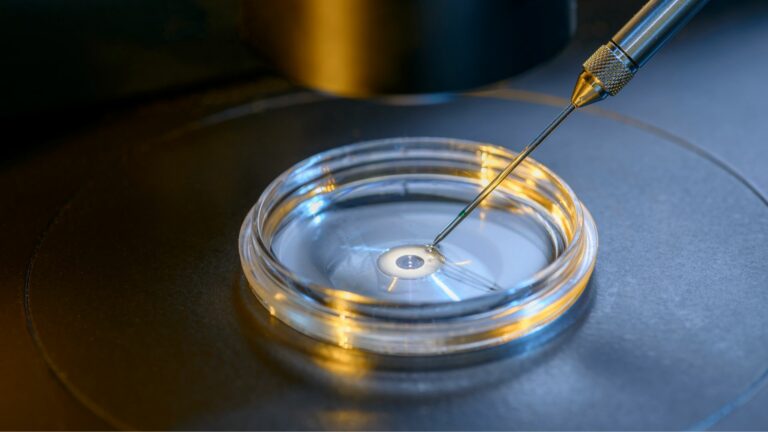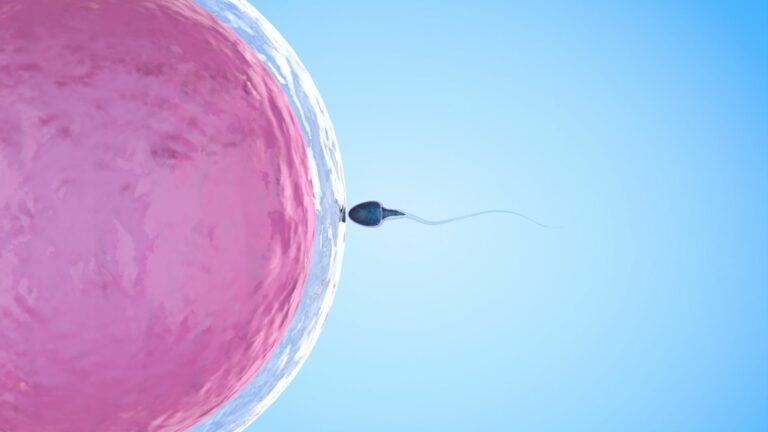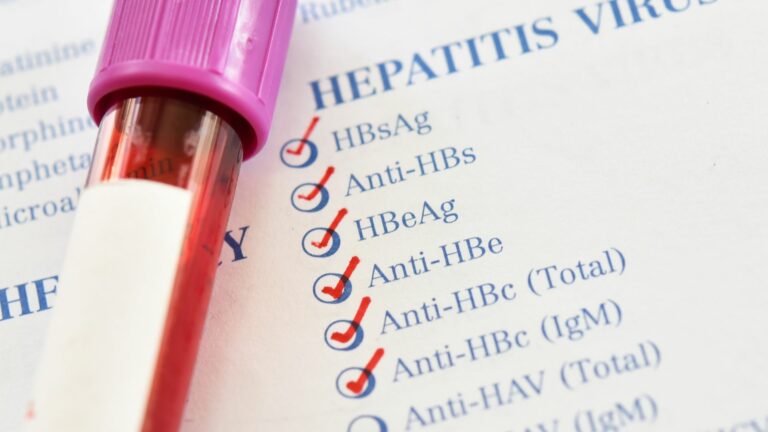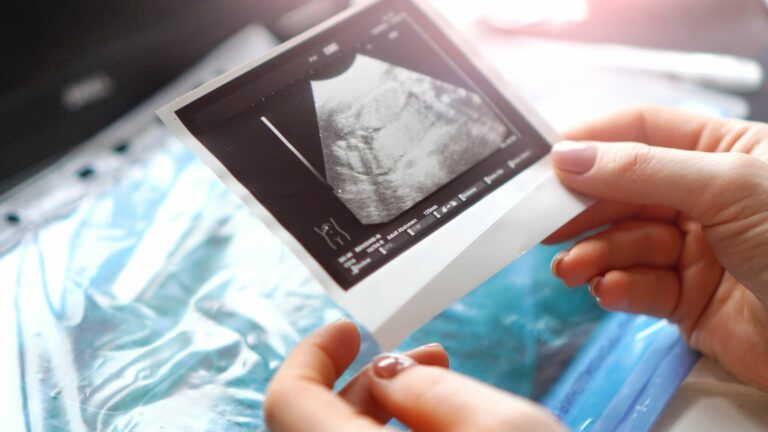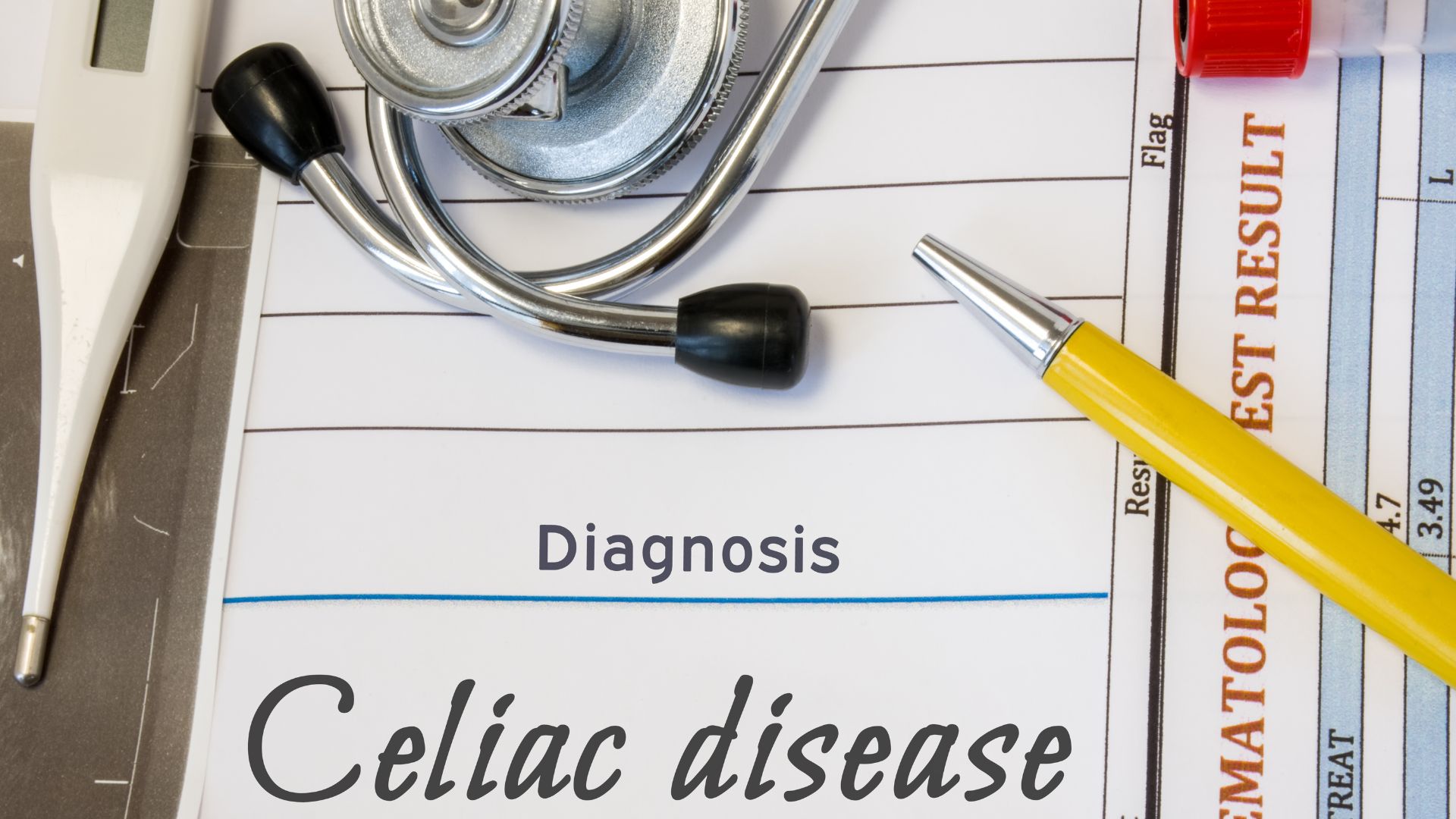
In the journey towards parenthood, countless factors influence the success of In Vitro Fertilization (IVF). From genetic conditions to dietary habits, each element plays a critical role in the complex puzzle of fertility.
Among these, celiac disease—an autoimmune disorder triggered by gluten—emerges as a significant but often overlooked factor.
In this comprehensive exploration, we delve into the intricate relationship between celiac disease and IVF, shedding light on how this condition can impact fertility and the measures that can be taken to manage it effectively.
Celiac Disease and Fertility
What is Celiac Disease?
Celiac disease is a serious autoimmune disorder where the ingestion of gluten—a protein found in wheat, barley, and rye—provokes an immune response that attacks the small intestine’s lining.
This assault not only causes damage to the intestine but also hampers the body’s ability to absorb essential nutrients.
Despite being prevalent in about 0.6% to 1% of India’s population, celiac disease is largely underdiagnosed, highlighting the need for increased awareness and better diagnostic practices.
How Does Celiac Disease Impact Fertility?
For Women
Research suggests a concerning link between untreated celiac disease and various reproductive issues in women.
These include menstrual irregularities, such as infrequent or absent periods, which could escalate to delayed puberty and even early menopause.
More distressingly, there is an increased risk of miscarriage and unexplained infertility, where other causes of inability to conceive are not found.
Addressing and managing celiac disease is crucial for women facing such challenges, especially when considering fertility treatments like IVF. Learn more about optimal diet during IVF in India.
For Men
While celiac disease is more frequently discussed in the context of female fertility, it is equally significant in men.
The condition can lead to changes in sperm quality and hormonal imbalances, which may detrimentally affect male fertility. Understanding and managing these impacts is vital for couples looking to conceive.
Key Questions About Celiac Disease and Fertility
- “Can celiac disease cause infertility?” While celiac disease alone does not guarantee infertility, it can significantly increase the likelihood of fertility challenges in untreated individuals.
- “If I have celiac disease, will I definitely have trouble getting pregnant?” Not necessarily. With proper management, including a strict gluten-free diet, many individuals with celiac disease can conceive successfully.
- “Can treating celiac disease improve my chances of conceiving through IVF?” Absolutely. Adhering to a gluten-free diet can lead to better overall health, normalization of menstrual cycles, and potentially enhanced outcomes with fertility treatments such as IVF, specifically when combined with preimplantation genetic screening.
This first part of our article sets the stage by highlighting the importance of recognizing the impact of celiac disease on fertility.
The following sections will detail the effects of celiac disease on nutrient absorption, provide dietary management tips, and discuss how to navigate the gluten-free lifestyle effectively during IVF.
Stay tuned as we continue to explore these topics, aiming to empower you with knowledge and practical advice for your IVF journey.
The Impact of Celiac Disease on Nutrient Absorption and IVF Success
How Celiac Disease Affects Nutrient Absorption
At its core, celiac disease damages the villi—the tiny, finger-like projections lining the small intestine.
These villi play a crucial role in nutrient absorption by increasing the surface area available for absorbing nutrients into the bloodstream.
When these villi are damaged by an immune response to gluten, the absorption of essential nutrients is significantly compromised.
Crucial Nutrients Affected Include:
- Iron: Vital for the production of hemoglobin, which carries oxygen to all body parts, including reproductive organs.
- Folate (Folic Acid): Critical in preventing neural tube defects and vital for DNA synthesis and repair—key processes in fertility and pregnancy.
- Vitamin B12: Important for maintaining healthy nerve cells and the production of DNA.
- Calcium: Essential for building strong bones and healthy cardiovascular, muscle, and nerve function.
- Vitamin D: Helps regulate calcium and phosphate, contributing to maintaining bone integrity.
These nutrients are not only integral to general health but are also crucial in ensuring reproductive health, affecting everything from hormone regulation to the quality of eggs and sperm.
Nutrient Deficiencies and IVF
A deficiency in any of these essential nutrients can have a profound impact on fertility:
- Iron deficiency can lead to anemia, resulting in fatigue and weakened overall health, which can affect fertility.
- Folic acid deficiency is especially critical as it can lead to complications in fetal development.
- Vitamin B12 and Vitamin D deficiencies can lead to elevated homocysteine levels and oxidative stress, respectively, which may impact embryo quality and implantation processes.
Thus, ensuring adequate nutrient levels is not merely a matter of good health but a foundational aspect of successful IVF outcomes.
Actionable Steps for Managing Celiac Disease Before and During IVF
Optimizing your health before undergoing IVF is crucial. Here are some steps to manage celiac disease effectively:
Early Diagnosis and Continuous Management: If you have symptoms of celiac disease or a family history, get tested. Early diagnosis followed by the adoption of a gluten-free diet can help prevent further damage to your intestines and improve nutrient absorption.
Adhere Strictly to a Gluten-Free Diet: This is the only effective treatment for celiac disease and can significantly improve your absorption of nutrients critical for a successful pregnancy. Eating a balanced diet based on naturally gluten-free foods such as fruits, vegetables, meats, fish, and dairy products is vital. Avoid processed foods that often contain hidden gluten.
Supplementation: Under the guidance of your healthcare provider, consider supplements to address any deficiencies. Common supplements include iron, folate, vitamin B12, calcium, and vitamin D.
Regular Monitoring: Regular follow-ups with your healthcare provider to monitor nutrient levels and intestinal healing are important, as these factors can significantly impact IVF success.
Following these steps helps create a healthier environment for conception, whether naturally or through IVF technologies such as preimplantation genetic screening and addresses specific IVF concerns related to conditions like PCOS and tubal factor infertility.
Dietary Management for Celiac Disease and IVF: A Beginner-Friendly Guide
The Power of a Gluten-Free Diet
Adopting a strict gluten-free diet is the cornerstone for managing celiac disease.
When gluten is eliminated from the diet, the inflammation in the small intestine begins to subside, allowing the villi to heal and better absorb nutrients essential for a healthy body and a successful IVF cycle.
Essential Components of a Gluten-Free Diet for Celiac Disease and IVF
A balanced gluten-free diet should focus on whole, unprocessed foods:
- Proteins: Choose lean meats, fish, eggs, and legumes.
- Carbohydrates: Opt for naturally gluten-free grains like quinoa, rice, and corn. Be cautious with oats, as they are often contaminated with gluten unless specifically labeled gluten-free.
- Fats: Incorporate healthy fats from avocados, nuts, seeds, and olive oil into your diet.
- Fruits and Vegetables: Aim for a diverse intake to ensure a broad spectrum of vitamins and minerals.
Actionable Steps for a Gluten-Free Lifestyle
- Plan Your Meals: Advance meal planning can prevent last-minute choices that might not be gluten-free.
- Read Labels Carefully: Gluten can be hidden in many processed foods, sauces, and condiments. Always check labels for gluten-containing ingredients.
- Educate Yourself and Others: Understanding which foods contain gluten and educating those around you, including family and dining staff, can prevent cross-contamination and accidental exposure.
Addressing Challenges and Social Situations
- Social Gatherings: Inform hosts of your dietary restrictions and offer to bring a dish that you can eat.
- Travel: Research restaurants and stores that offer gluten-free options beforehand and carry your own gluten-free snacks to avoid being caught without safe food options.
- Support: Consider joining an IVF support group for emotional and practical support from individuals who understand the challenges of managing celiac disease while undergoing fertility treatments.
The Role of a Registered Dietitian
Working with a dietitian who is knowledgeable about both celiac disease and fertility can be invaluable. They can:
- Develop an individualized eating plan.
- Recommend appropriate supplements.
- Provide strategies for handling social and travel dining.
- Offer ongoing support and adapt your diet plan based on changes in your health or IVF treatment needs.
A solid diet strategy is foundational not only for managing celiac disease but also for boosting the success rates of IVF treatments.
Up next, we will explore additional considerations including the implications of inflammation and why early diagnosis and treatment of celiac disease are crucial for anyone considering IVF.
Additional Considerations and Conclusion
The Link Between Celiac Disease and Inflammation
Celiac disease is more than just a gastrointestinal issue; it’s an autoimmune condition characterized by chronic inflammation whenever gluten is ingested.
This inflammation doesn’t just damage the small intestine; it can impact overall health and fertility by affecting hormonal balance and immune function, potentially influencing IVF outcomes.
Importance of Early Diagnosis and Treatment
Early detection of celiac disease can significantly improve management and the success rate of IVF treatments.
A timely diagnosis allows for immediate commencement of a gluten-free diet, preventing further damage to the intestine and improving nutrient absorption essential for a healthy pregnancy.
Getting Tested for Celiac Disease
If you suspect you might have celiac disease, particularly if you’re considering IVF, it’s essential to be tested. Standard testing involves:
- Serological tests: To look for antibodies typically high in people with celiac disease.
- Endoscopy: To examine the small intestine and take a biopsy to assess for damage caused by gluten.
Actionable Steps for Early Diagnosis
- Recognize Symptoms: Be aware of symptoms such as bloating, diarrhea, weight loss, anemia, or fatigue.
- Consult Your Doctor: Discuss symptoms and family history with a healthcare provider who might recommend blood tests or refer you to a gastroenterologist.
- Follow Through with Testing: If tests suggest celiac disease, an endoscopy might be necessary to confirm the diagnosis.
- Begin Gluten-Free Diet: Upon diagnosis, start a strict gluten-free diet immediately, even before starting IVF treatment, to improve your health and fertility potential.
Conclusion
Understanding the connection between celiac disease and fertility, particularly in the context of IVF, emphasizes the importance of managing this autoimmune disorder.
Effective management involves not only adhering to a strict gluten-free diet but also understanding the nutritional impacts and the benefits of early diagnosis.
Improving overall health through dietary adjustments and appropriate medical supervision can significantly enhance the effectiveness of IVF procedures.
Remember:
- Manage Celiac Disease Proactively: Early and effective management of celiac disease can lead to better health outcomes and improved IVF success.
- Maintain a Gluten-Free Diet: Strict adherence to a gluten-free diet is crucial for reducing inflammation and improving nutrient absorption.
- Seek Professional Guidance: Consulting with specialists, including gastroenterologists and registered dietitians, can provide tailored advice and support.
Additional Resources
For further guidance and information, consider the following resources:
- National Institutes of Health Celiac Disease Information Page: A comprehensive resource on celiac disease management NIH Celiac Disease Information
- Celiac Disease Foundation: Offers support, information, and advocacy services Celiac Disease Foundation Website
- International Society for Celiac Disease: Provides global perspectives on celiac disease management International Society for Celiac Disease Page
Through informed management of celiac disease and a clear understanding of its effects on fertility and IVF, prospective parents can better navigate their journey to parenthood with confidence and health.


